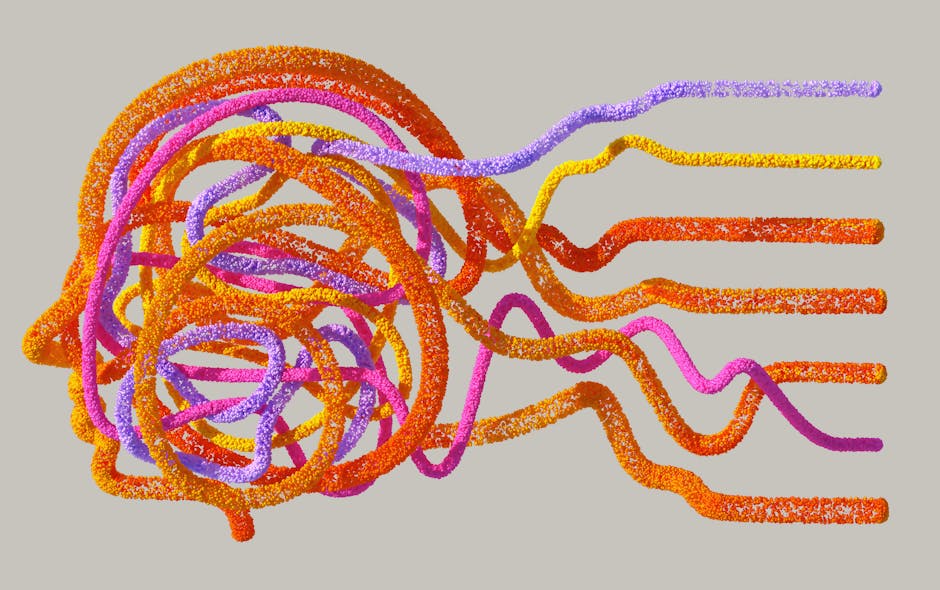Firstly, artificial intelligence (AI) will undoubtedly continue its transformative march. We are moving beyond the narrow AI of today, which excels at specific tasks like image recognition or natural language processing, toward more general-purpose AI. This shift implies systems capable of learning and adapting across diverse domains, exhibiting a level of flexibility and understanding previously confined to human intellect. Research in areas like explainable AI (XAI) will be crucial, addressing the “black box” problem and increasing trust in AI decision-making processes, especially in sensitive sectors like healthcare and finance. Furthermore, the convergence of AI with other fields, such as robotics and biotechnology, promises to yield particularly impactful innovations. Imagine AI-powered robots performing complex surgeries with unparalleled precision or AI algorithms designing personalized medicines based on an individual’s genetic makeup. Ethical considerations surrounding AI development and deployment will remain paramount, demanding careful consideration of bias, fairness, and accountability.
Quantum computing offers another avenue for significant technological leaps. While still in its nascent stages, this field holds the potential to revolutionize several sectors. Quantum computers leverage quantum phenomena like superposition and entanglement to solve problems intractable for even the most powerful classical computers. Applications range from developing new materials and drugs to breaking current encryption standards and optimizing complex logistics networks. The challenges, however, are substantial. Building and maintaining stable quantum computers requires overcoming significant technological hurdles, including maintaining extremely low temperatures and minimizing environmental noise. Nevertheless, significant progress is being made, and the potential rewards justify the continued investment in this revolutionary technology.
Biotechnology and its convergence with information technology stand to reshape healthcare and beyond. Advances in gene editing, particularly CRISPR technology, allow for unprecedented manipulation of genetic material, opening doors to the treatment and prevention of numerous diseases. Personalized medicine, tailored to an individual’s unique genetic profile, is becoming a reality. Furthermore, synthetic biology, the design and construction of new biological parts, devices, and systems, holds immense potential. We might see the creation of novel biofuels, engineered microorganisms for environmental remediation, or even the development of entirely new biological materials with unique properties. Ethical considerations surrounding gene editing and the potential for unintended consequences will require ongoing societal dialogue and robust regulatory frameworks.
The internet of things (IoT) continues to expand, connecting billions of devices and generating an ever-increasing flood of data. This data, when analyzed effectively, can yield valuable insights across numerous domains. Smart cities, utilizing IoT sensors to optimize traffic flow, manage energy consumption, and improve public safety, are becoming increasingly prevalent. Similarly, precision agriculture leverages IoT sensors and data analytics to optimize crop yields and resource utilization. The challenge lies in effectively managing and securing this massive amount of data, ensuring privacy and preventing cyberattacks. The development of robust data security protocols and ethical frameworks for data usage will be critical for the responsible development of the IoT.
Sustainability challenges are driving innovation in renewable energy and resource management. Advancements in solar energy, wind energy, and battery technology are paving the way for a transition to cleaner energy sources. Innovative approaches to resource management, including circular economy models and improved recycling technologies, are also gaining momentum. The development of sustainable technologies is not merely an environmental imperative; it presents significant economic opportunities, creating new industries and jobs. Government policies and international cooperation will play a crucial role in accelerating this transition.
Finally, space exploration remains a powerful driver of innovation. The ongoing development of reusable rockets, advancements in satellite technology, and the growing interest in space tourism are all contributing factors. Space-based research can yield breakthroughs in various fields, from astronomy and astrophysics to materials science and medicine. Furthermore, the establishment of permanent human settlements on the Moon or Mars would require significant technological advances across numerous domains, stimulating innovation in areas such as life support systems, robotics, and advanced materials.
In conclusion, the future of technological innovation is multifaceted and interconnected. The convergence of AI, quantum computing, biotechnology, the IoT, sustainable technologies, and space exploration will shape the world in profound ways. Navigating these developments responsibly will require a careful balance of technological advancement, ethical considerations, and societal needs. The future is not predetermined; it is being shaped by the choices we make today. Continued investment in research and development, alongside thoughtful policymaking and public engagement, will be essential to ensure a future where technological progress benefits all of humanity.
